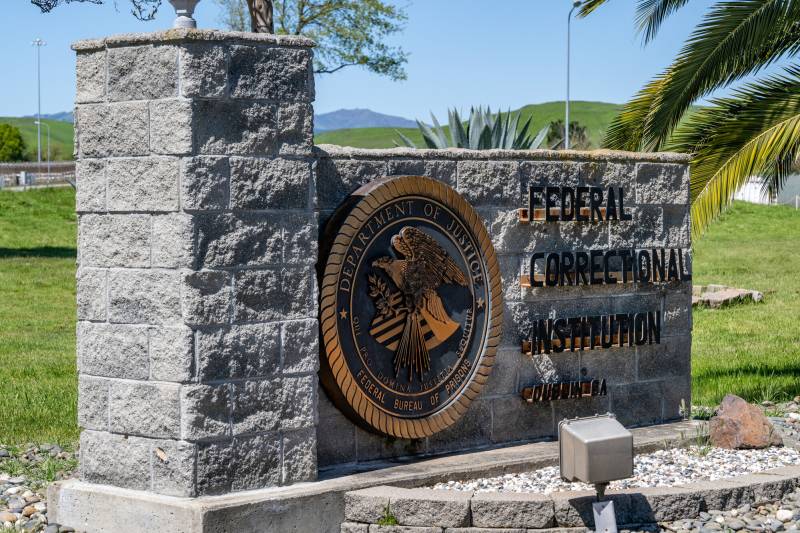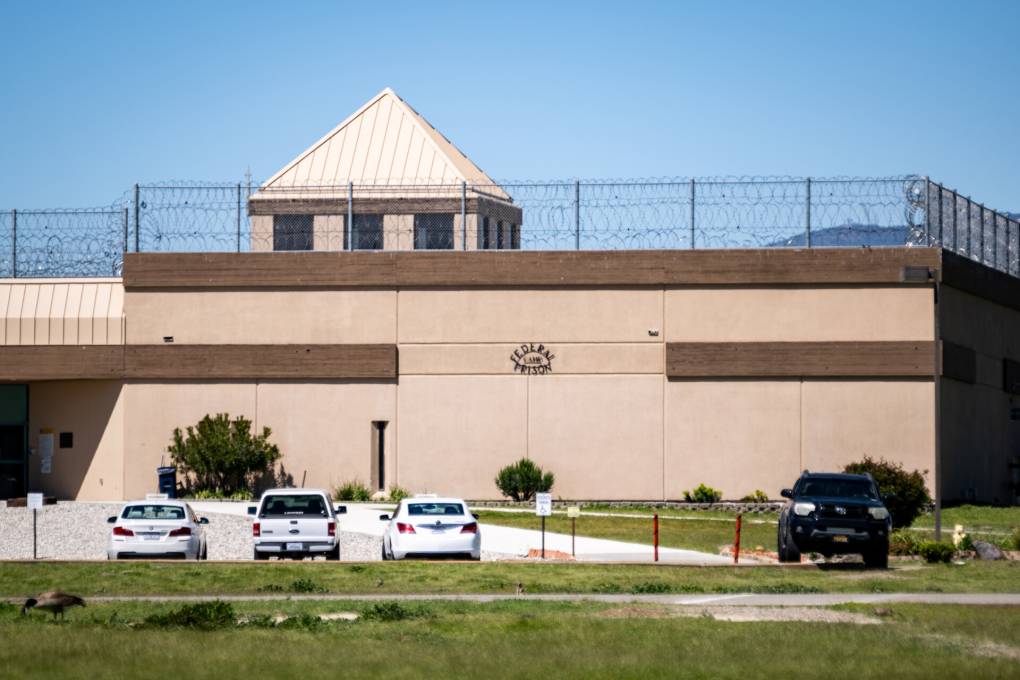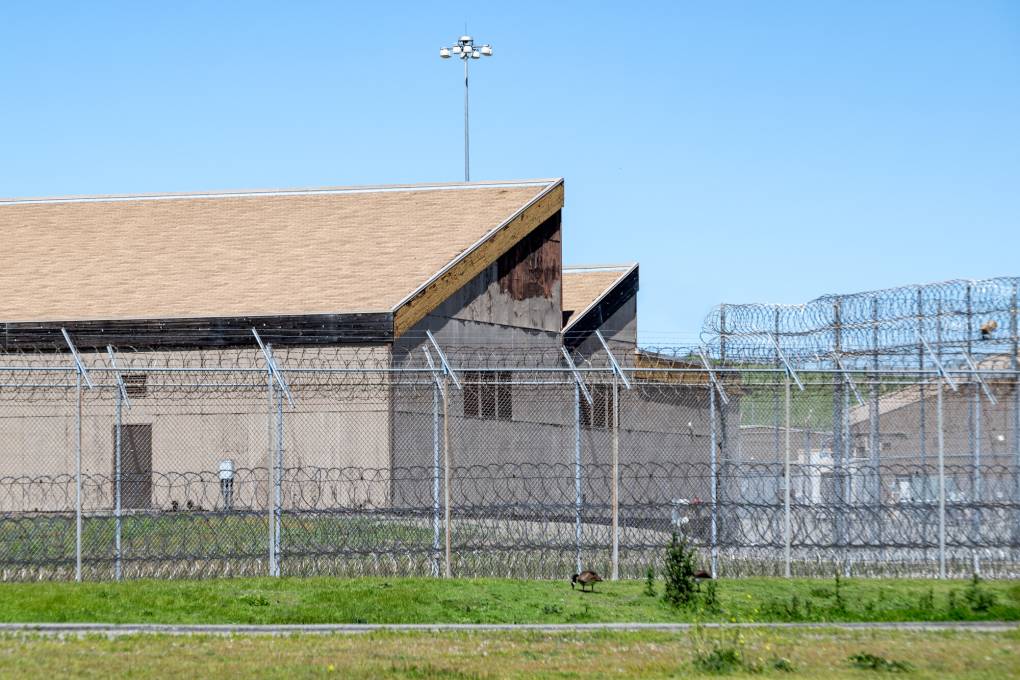“The defendant’s alleged actions are some of the most disturbing charges we’ve seen for a former federal corrections officer,” Michael Nordwall, executive assistant director of the FBI’s Criminal, Cyber, Response, and Services Branch, said in a statement when Smith’s indictment was expanded to add new charges last year.
Smith is accused of digitally penetrating five women as far back as 2016, some on multiple occasions, and forcing one to have intercourse with him while one of the other victims “stood outside to serve as a lookout.” He often bribed them to get them alone and threatened retaliation if they didn’t comply, according to court documents.
That fear of retaliation loomed over many women who were “very scared about participating in this process” by filing complaints against FCI Dublin officers, Oh said.
Some who did were sent to the solitary housing unit, she said, where they lost contact with their families, recreation time and credit for good behavior that could have shortened their time in prison. Another told KQED she lost visitation privileges, phone and commissary access, and was barred from speaking with lawyers.
Some women who are still incarcerated after being transferred to other facilities have not come forward with their stories of abuse at FCI Dublin because of the power imbalance they face, Oh said.
Correctional officers “know where the security cameras are; they know who the women will talk to; they get access to their emails, their phone calls, their mails,” she told KQED. “That great power differential and the fact that these women are reliant on the officers day in and day out for food, for recreation time, for mail, for phone calls to family — I think they just feel powerless.”
But the sentences against the seven other FCI Dublin officers, including former warden Ray Garcia, have shown the power of women coming forward, Oh said.
“Validating their stories and their concerns has been very meaningful because time and time again with the other criminal cases up until now, we’ve seen that there is power in the victims’ voices when they speak up,” she said.
The years of staff violence at FCI Dublin, dubbed the “rape club” by workers and women incarcerated there, was first reported in a 2021 Associated Press investigation. The prison is facing more than 60 lawsuits alleging sexual assault and retaliation by prison officials.
The Federal Bureau of Prisons also faces a class-action lawsuit brought on behalf of women who were formerly incarcerated at FCI Dublin, including some who were transferred to other federal facilities after its closure.
“It is unconscionable that any correctional agency could allow incarcerated individuals under their control and responsibility to be subject to the conditions that existed at FCI-Dublin for such an extended period of time without correction,” read a report by court-appointed special master Wendy Still, who was tasked with overseeing changes at the site — the first time such an appointment was made in the history of the Federal Bureau of Prisons.
Still’s report, unsealed by a judge in August, also says she worried about “the mistreatment, neglect and abuse” that women suffered at Dublin being repeated after they were transferred, “as many of the conditions that existed at this facility appear to be longstanding and systemic in nature.”


